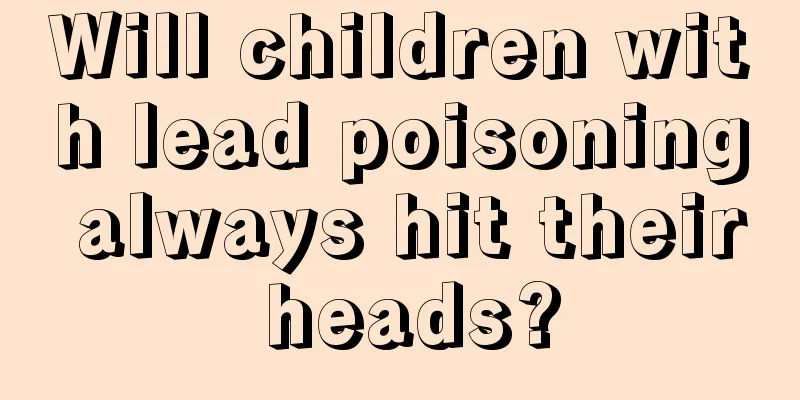Reasons why children drool

|
Excessive drooling is a phenomenon that occurs in many children. Careful mothers will worry whether excessive drooling for a long time will affect the child's mouth development function and affect the child's sense of taste. Of course, mothers' concern and worry are normal. In the following article, let us understand why children drool so much? Drooling is an experience that almost every baby will have. Mothers should never underestimate the importance of saliva. It actually has many functions, such as promoting swallowing and stimulating taste buds; keeping the mouth moist and maintaining the cleanliness of the mouth and teeth; promoting the movement of the lips and tongue and aiding speaking. In addition, it has a small antibacterial effect and can form a thin film of sterile cells on the enamel of the teeth, which helps prevent tooth decay. The saliva of a newborn baby is only enough to moisten the oral mucosa. The amount of saliva secretion will increase significantly when the baby is 3 months old. When the baby starts eating complementary foods at 4 months old, the salivary glands are stimulated by these foods and saliva secretion increases significantly. In addition, the baby's mouth is small and shallow, and the swallowing reflex function is not yet perfect, so he cannot use swallowing movements to regulate saliva. Therefore, when the saliva secretion is a little more or the baby is happy or laughing, the secreted saliva will flow out of the mouth. In addition, many babies like to put their fingers, rubber nipples, etc. into their mouths and suck them, which also stimulates the secretion of the salivary glands and increases saliva. Also, when the baby's deciduous teeth erupt, the small teeth push out of the gums and grow outward, causing mild swelling and discomfort in the gum tissue, thereby stimulating the nerves on the gums and causing a reflex increase in the secretion of the salivary glands. Although baby drooling is not a serious problem, it may still affect the baby's health if you are not careful. Because the baby's skin is thin and saliva contains some corrosive digestive enzyme acids, when the saliva flows to the corners of the mouth, face, neck and even the chest skin, it can easily corrode the skin's stratum corneum; or because of moisture, it can cause fungal infection, resulting in symptoms such as skin redness, eczema, and inflammation. When the baby is older, his ability to swallow and close his lips improves, his teeth gradually erupt, and the volume and depth of his oral cavity gradually increase, the drooling situation will improve, and mothers don't need to worry too much. From the article, we learned that children drool a lot. In fact, mothers should not worry too much and should relax. Try to feed your children some food with reasonable nutrition. Do not touch the child's saliva with your hands as it is easy to infect bacteria into the mouth. Just pay more attention and it will be fine. |
<<: Normal blood pressure range for adolescents
>>: Normal range of blood pressure and dietary care for children
Recommend
Little girl's armpits have bad odor
For little girls, if there is an odor under their...
Baby breasts are a bit big
If you find that your baby's breasts are a li...
Boys' development process
Parents with boys generally worry more than paren...
When is the best time for children to have their teeth straightened?
Many children have many problems with their teeth...
Can newborn babies use salt water to wash their mouths?
The baby's oral cavity is very important for ...
Symptoms of cognitive impairment in children
As children grow and develop, their cognitive abi...
What to do if children have pharyngeal follicle hyperplasia
We know that we rely on the throat to swallow foo...
How many days does it take for the baby to be successfully weaned?
Nowadays, many babies have a very difficult time ...
What should we do if children have nutritional iron deficiency anemia?
Nutritional iron deficiency anemia is a relativel...
Traditional Chinese Medicine Treatment of Precocious Puberty
Precocious puberty is not a new term. In fact, ma...
Do all children's baby teeth need to be replaced?
Deciduous teeth are teeth that exist in childhood...
What causes blue stool in baby?
When some mothers see their baby's stool is b...
What to use for bathing baby with eczema
Eczema is a skin problem caused by a damp and hot...
What is the hemoglobin index of a three-year-old baby?
Before a baby reaches adulthood, every health ind...
How to treat spots on children's faces
Some children may develop spots on their faces, e...









